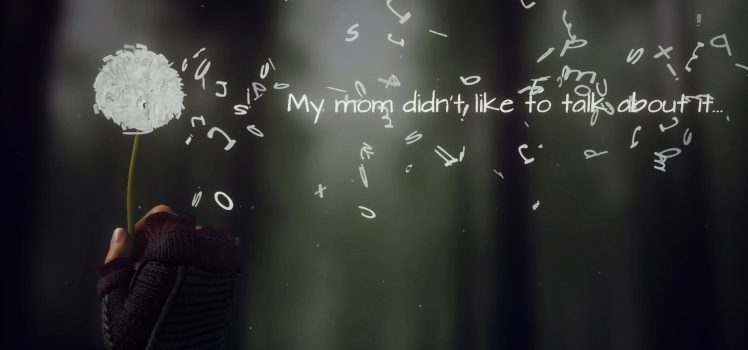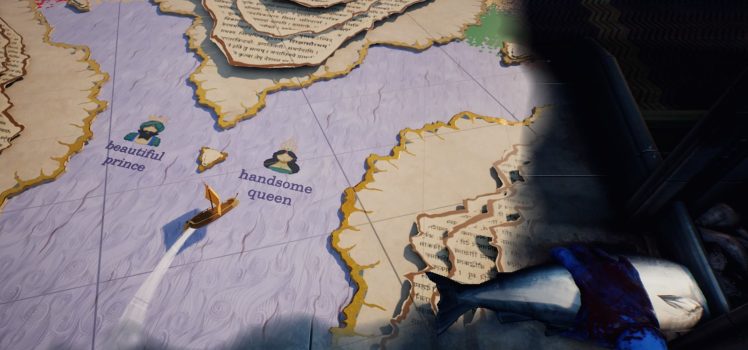So if unskippable cutscenes can possibly cause player frustration. And skippable cutscenes can possibly cause player frustration. And cutscenes that are skippable midway through can possibly cause player frustration. What’s the solution? The obvious solution is to create cutscenes that are so captivating that a player happily watches them. But that’s not a reality. Different things captivate different players in different ways.
Category Archives Caleb’s Game Devlog
Thoughts on Game Development and Game Design. Expect quick-thought blog posts, scripted videos, and even podcasts. If you want to learn my philosophy on video game development, this is a great place to start (and end).
Games have fundamental limitations in terms of scope, and because of that developers must make choices about how to keep a player interested and engaged. Tapping into a moral goodness is one way of doing that.
Quitting a game before it’s completed is actually not easy for the easily influenced human brain to do. Self-determination theory is a driving force behind mission completion, and therefore game completion. People engage in voluntary behavior (like play) to the extent that it scratches three psychological itches:
- The need to feel competent at what you’re doing (Competence)
- The need to feel like you have meaningful choices when deciding how to do it (Autonomy)
- The need to feel connected and related to others in the process (Relatedness)
Video games are unique. We’re connected to a video game by an input device, one that maps our thoughts to the actions we see. As we press buttons the feedback changes our approach, our input changes, and the loop continues until we arrive at a win state. No other entertainment medium offers this level of malleability. No other medium wants us to stretch and shape the product to an end while the product stretches and shapes us to that same end. This reciprocal molding is what makes video games uniquely immersive. And this contract between game and player relies heavily on a firm understanding of the ruleset. Most games literally tutorialize to the player. Books don’t tell you how to read. Movies don’t tell you how to watch. Video games tell you how to play. And this simple fact, I think, is why video games have trouble being humorous in their own right.
A gun is an unearned power shift. A story should survive by its characters, but a gun puts too much power into the hands of an undeserving character. The same is true with a pregnancy.
Edgar Allan Poe doesn’t actually want the audience to determine which of the parallel interpretive possibilities are “correct,” but rather he wants the audience to accept that parallel interpretive possibilities are possible. So when Ian Dallas deflects questions about the true causes of his character’s deaths, he’s perhaps not dodging. He’s moving out of the way so you can see the rest of the possibilities.
“Call me Ishmael.”
Three words and three times as many questions:
- Why should we call you that name? Did you change your name? If so, why did you change or name?
- Why is it so important that you announce your name immediately? Are you famous for something? Are you trying to be famous for something?
- Who is Ishmael talking to? The reader? Am I being set up for an oration of a grand adventure?
These questions will seed a good narrative as long as the narrative delivers on the promise of answers. This balance of posing questions then teasing the reader with an answer then posing more questions, then more teases is what creates a narrative, and as long as this cycle is handled by a skilled writer, the reader will exhaust the entire novel and leave satisfied.
A question is a byproduct of interest and so becomes the impetus to investment. Humans love solving problems. Therefore, a question posed is an invitation to adventure.



